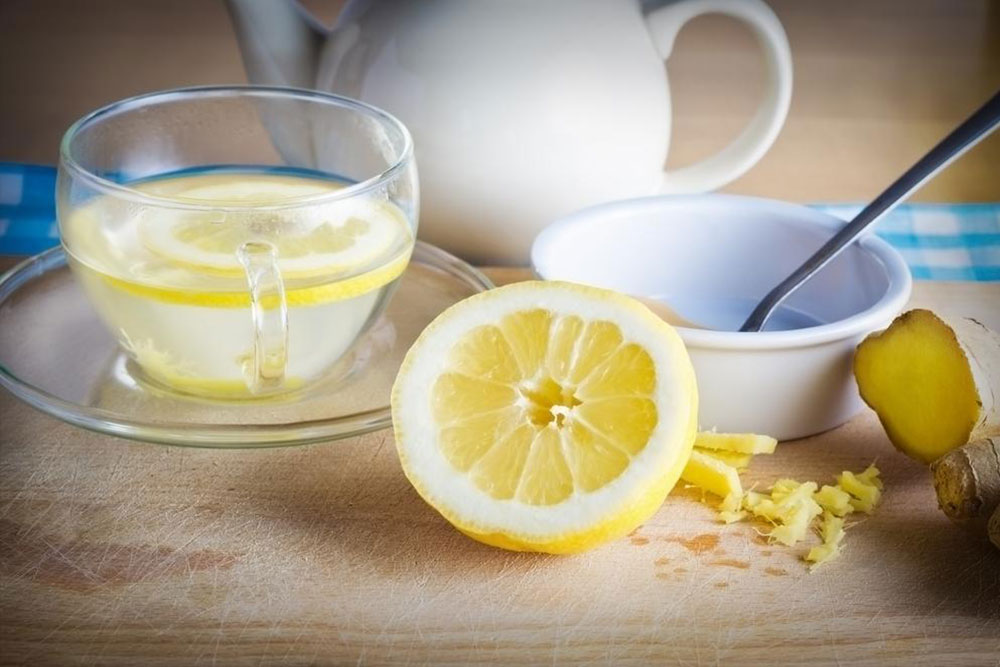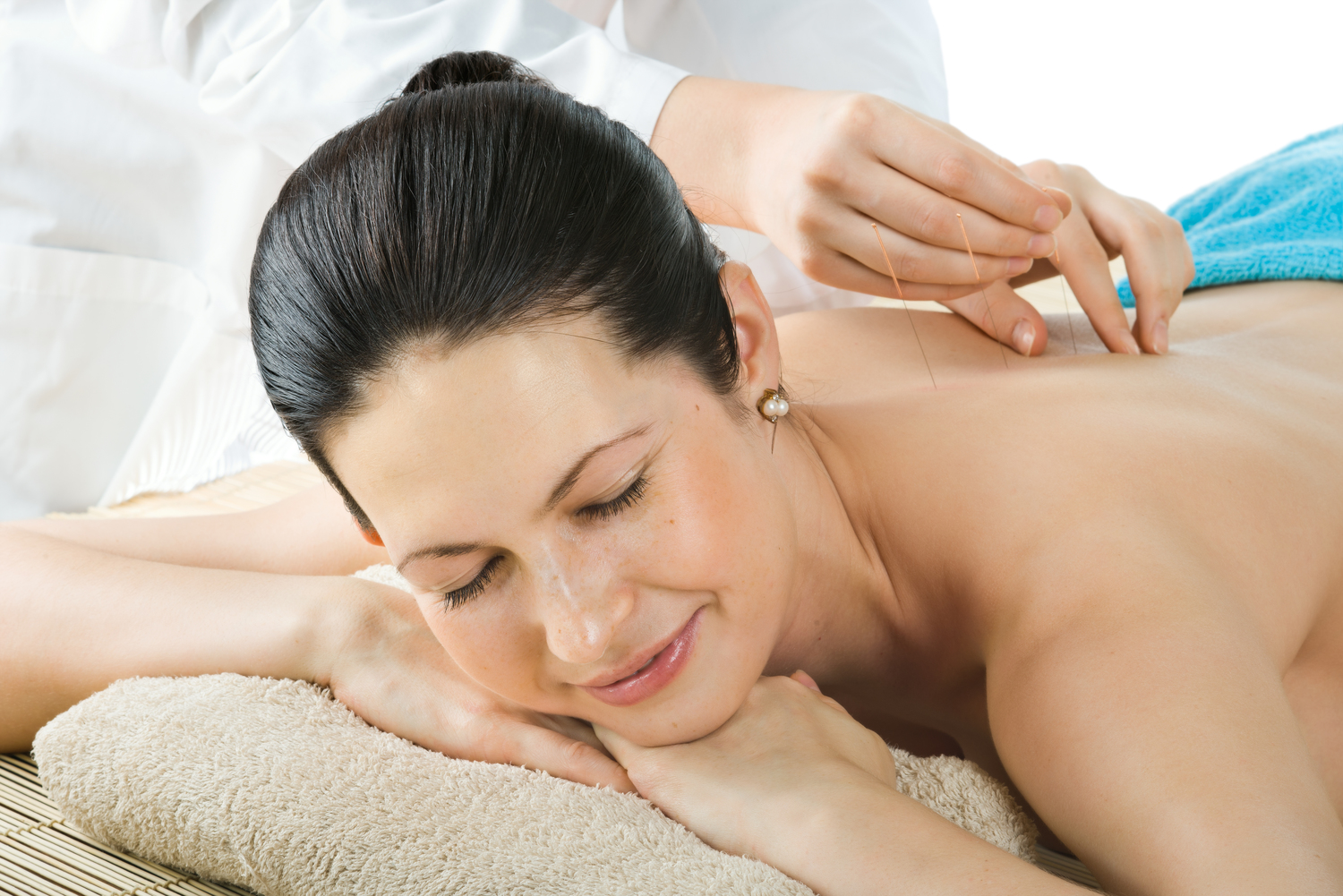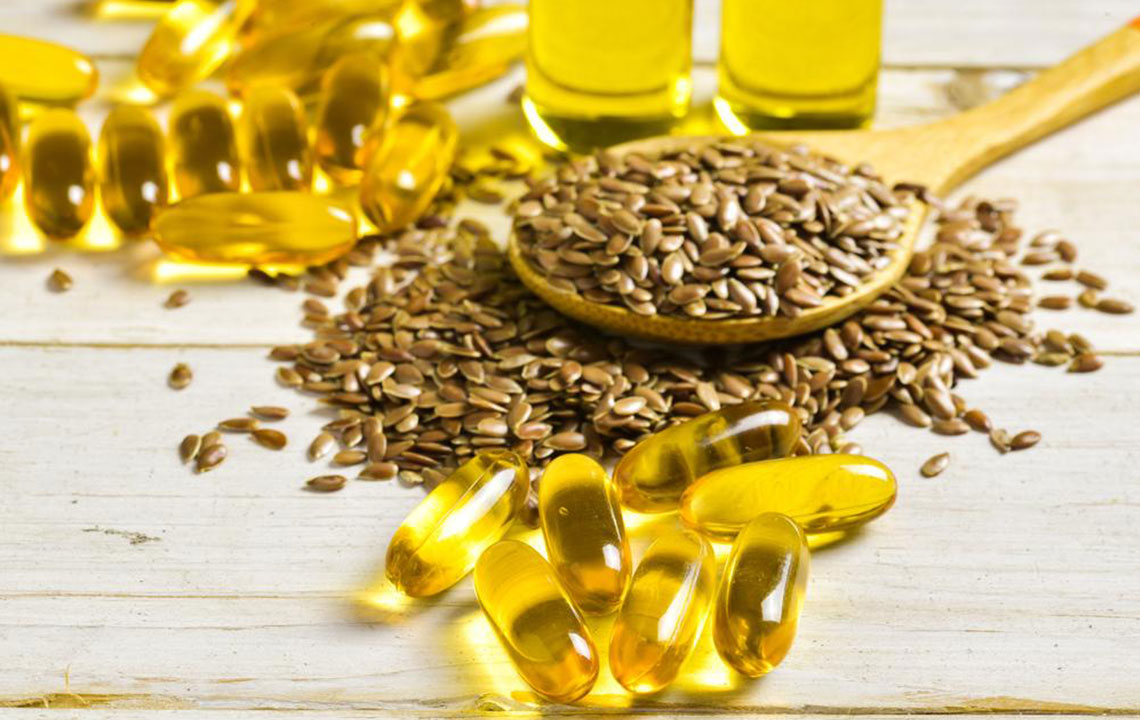Natural and Holistic Approaches to Managing Overactive Bladder Effectively
Discover a comprehensive guide to managing overactive bladder naturally. Learn effective dietary changes, lifestyle modifications, behavioral techniques, and herbal remedies that can significantly alleviate symptoms. Embrace holistic strategies to improve bladder health and regain quality of life without solely relying on medications. Perfect for those seeking non-invasive solutions for persistent urinary urgency and frequency.

Comprehensive Natural Strategies for Managing Overactive Bladder
Overactive bladder (OAB) is a common condition characterized by a sudden, urgent need to urinate frequently throughout the day and night. While medications are often prescribed to treat this condition, many individuals prefer exploring natural and holistic remedies to manage symptoms effectively and improve quality of life. Overactive bladder can stem from various factors that go beyond blood sugar levels, including aging, neurological conditions, infections, or even lifestyle choices. Understanding these underlying causes is essential for developing a tailored management plan that emphasizes non-pharmacological interventions.
Dietary habits significantly influence bladder health. Certain foods and beverages can irritate the bladder lining and exacerbate symptoms. For example, artificial sweeteners, spicy foods, tomato-based products, citrus fruits, caffeine, alcohol, dairy, and sugary drinks are common triggers. Eliminating or reducing these from your diet may help decrease urgency and frequency. Keeping a food diary can assist in identifying personal trigger foods, allowing for more effective dietary adjustments tailored to individual needs.
Alongside dietary modifications, controlling fluid intake is a vital aspect of managing overactive bladder. Consuming adequate amounts of water during the day helps to hydrate the body and maintain bladder health. However, reducing fluid intake in the evening can minimize nocturnal urination and improve sleep quality. Hydration strategies should be balanced to prevent dehydration while minimizing bladder irritation. Additionally, spreading fluid intake evenly throughout the day prevents sudden bladder overdistension, aiding in symptom control.
Maintaining a healthy weight through regular physical activity is another effective approach. Excess weight can place additional pressure on the bladder and pelvic floor muscles, leading to increased symptoms. Engaging in low-impact exercises such as walking, swimming, or yoga can strengthen pelvic muscles, improve circulation, and support urinary health. Weight management, combined with pelvic floor strengthening exercises, has been shown to significantly reduce overactive bladder symptoms.
Behavioral modifications are crucial components of a natural management plan. Techniques such as bladder training involve gradually increasing the interval between voids. Starting with a delay of 10 minutes and slowly extending this period can retrain the bladder to hold urine longer. This practice decreases urgency and frequency over time. Another effective method is the double void technique, which entails urinating twice in succession with a brief pause in between. This helps ensure thorough bladder emptying and prevents residual urine buildup that can lead to urgency.
Additionally, natural herbal remedies have been traditionally used and scientifically explored for their potential benefits in urinary health. Capsaicin, found in chili peppers, has shown promise in desensitizing bladder nerves. Ganoderma lucidum (reishi mushroom), corn silk, and pumpkin seed extracts are also popular herbal options that support urinary tract health. Conventional Chinese herbal formulations like Gosha-jinki-gan have been used for centuries to promote bladder function and reduce overactivity. It is vital to consult with healthcare professionals or trained herbalists before incorporating these supplements, ensuring safety and personalized treatment.
Alternative therapies such as acupuncture, pelvic floor physiotherapy, and mindfulness techniques may further enhance symptom management. Specifically, pelvic floor exercises (Kegel exercises) can strengthen the muscles supporting the bladder, reducing overactivity and leakage. Mindfulness and behavioral therapy can help individuals cope with urgency and reduce anxiety related to urinary symptoms. Combining these holistic approaches with lifestyle modifications provides a comprehensive strategy to manage overactive bladder naturally and effectively.
While natural methods are beneficial, they should complement medical advice rather than replace professional treatment, especially in severe cases. Consulting a healthcare provider ensures a proper diagnosis, personalized intervention plan, and monitoring of progress. Combining dietary, behavioral, and herbal strategies offers a sustainable way to improve bladder health, minimize medication reliance, and enhance overall wellbeing.





